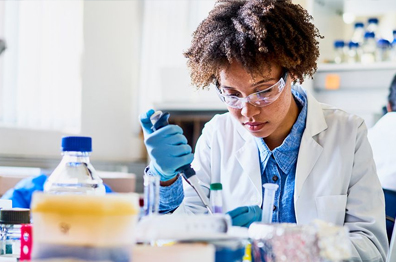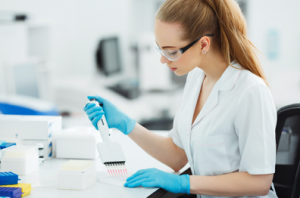Regulatory compliance for pipettes involves ensuring that they meet the manufacturer’s specifications and comply with relevant standards and regulations. Compliance is necessary to ensure that the volume of liquid dispensed by the pipette is accurate and reproducible, leading to reliable results in experiments. Failure to comply with regulations can result in non-compliance findings, fines, or legal action.
One critical aspect of pipette compliance is calibration. Pipettes must be calibrated regularly to ensure they are operating within the required specifications. Calibrations should be performed by trained personnel and should follow relevant standards and regulations. The calibration process should also be documented, including any adjustments made to the pipette during calibration.
In addition to calibration, it is important to handle pipettes properly to prevent damage or contamination, which can affect their accuracy. Store pipettes in a designated area, away from sources of heat, light, or chemicals that can damage them. Always use the correct tips and never reuse tips, as this can introduce contamination and affect the pipette’s accuracy.
It is also essential to follow good laboratory practices, such as cleaning pipettes after use, using proper technique when pipetting, and properly disposing of used pipette tips. Regular maintenance, such as cleaning and lubricating pipettes, can also help maintain compliance.
To achieve regulatory compliance for pipettes, it is necessary to stay informed about relevant regulations and standards. Some organizations, such as ISO, provide guidelines for pipette calibration and maintenance. It is important to ensure that your laboratory meets these guidelines and any other relevant regulations and standards.
Finally, it is crucial to keep accurate records of pipette calibration, maintenance, and usage. Documentation is essential for regulatory compliance and can help ensure that pipettes are operating within the required specifications.
In conclusion, regulatory compliance is critical for pipettes to ensure accuracy, precision, and reliability in laboratory experiments. Compliance requires regular calibration, proper handling, good laboratory practices, and adherence to relevant regulations and standards. By following these tips and staying informed about relevant regulations and standards, laboratories can ensure that their pipettes are compliant and provide reliable results.






